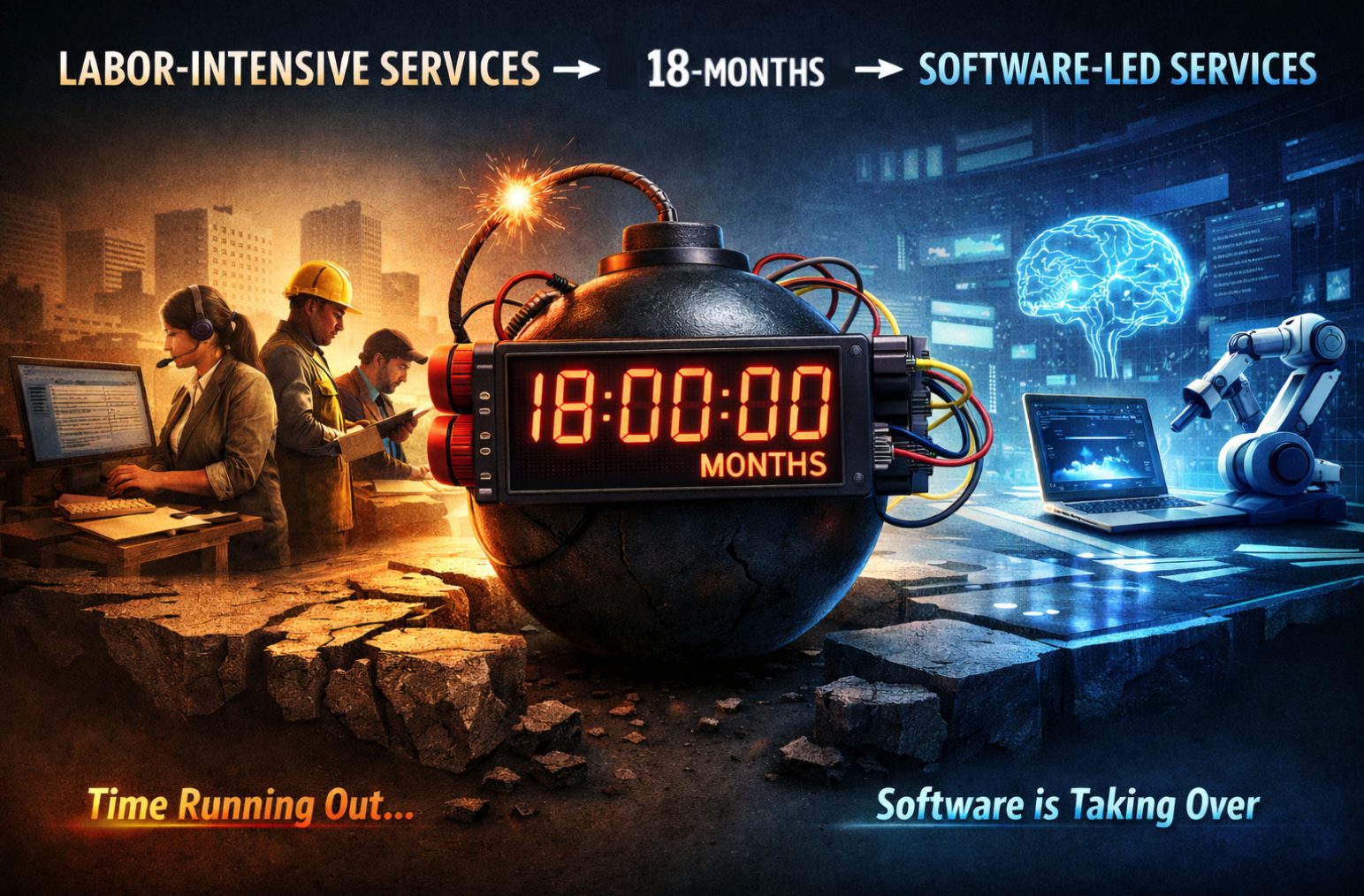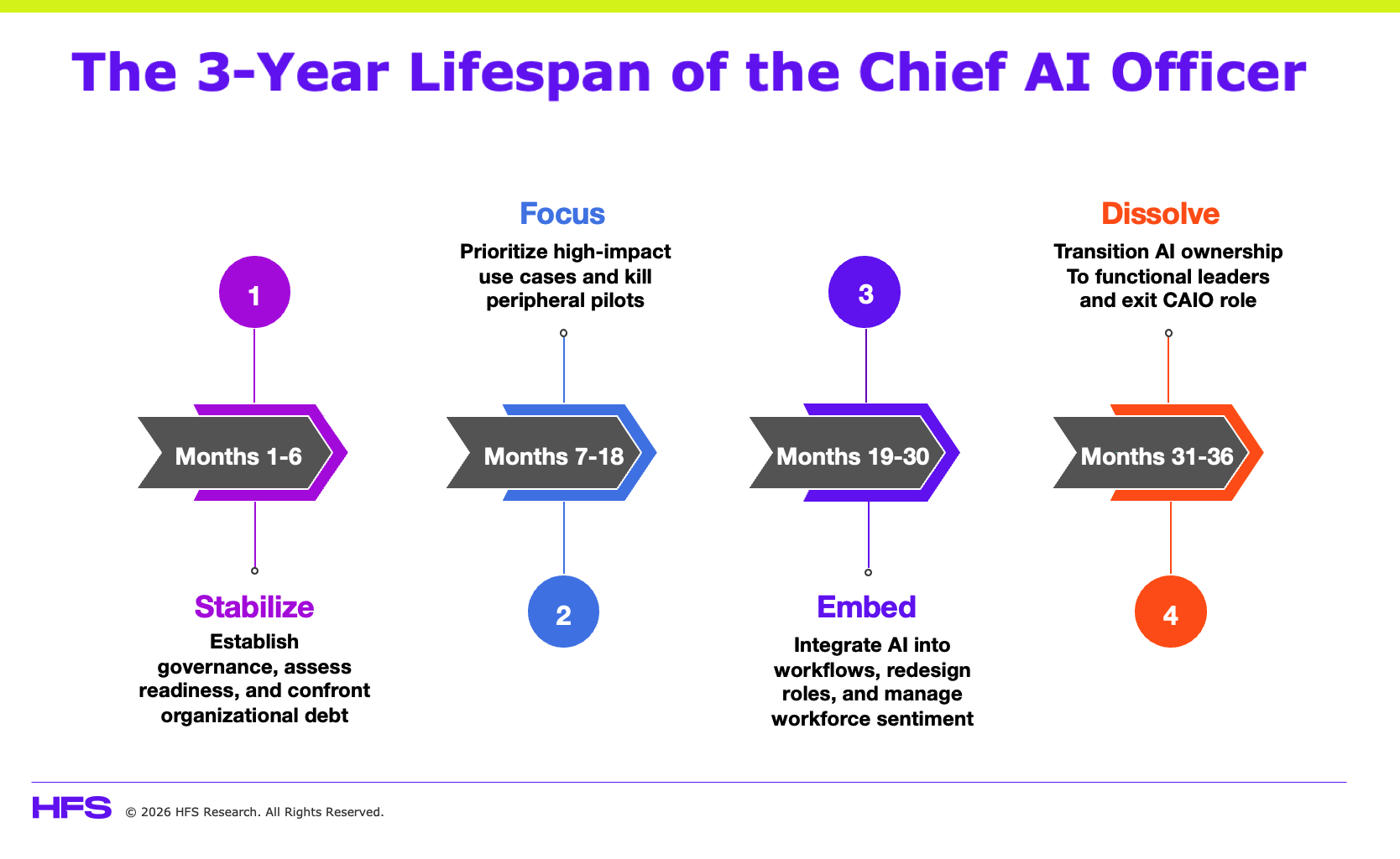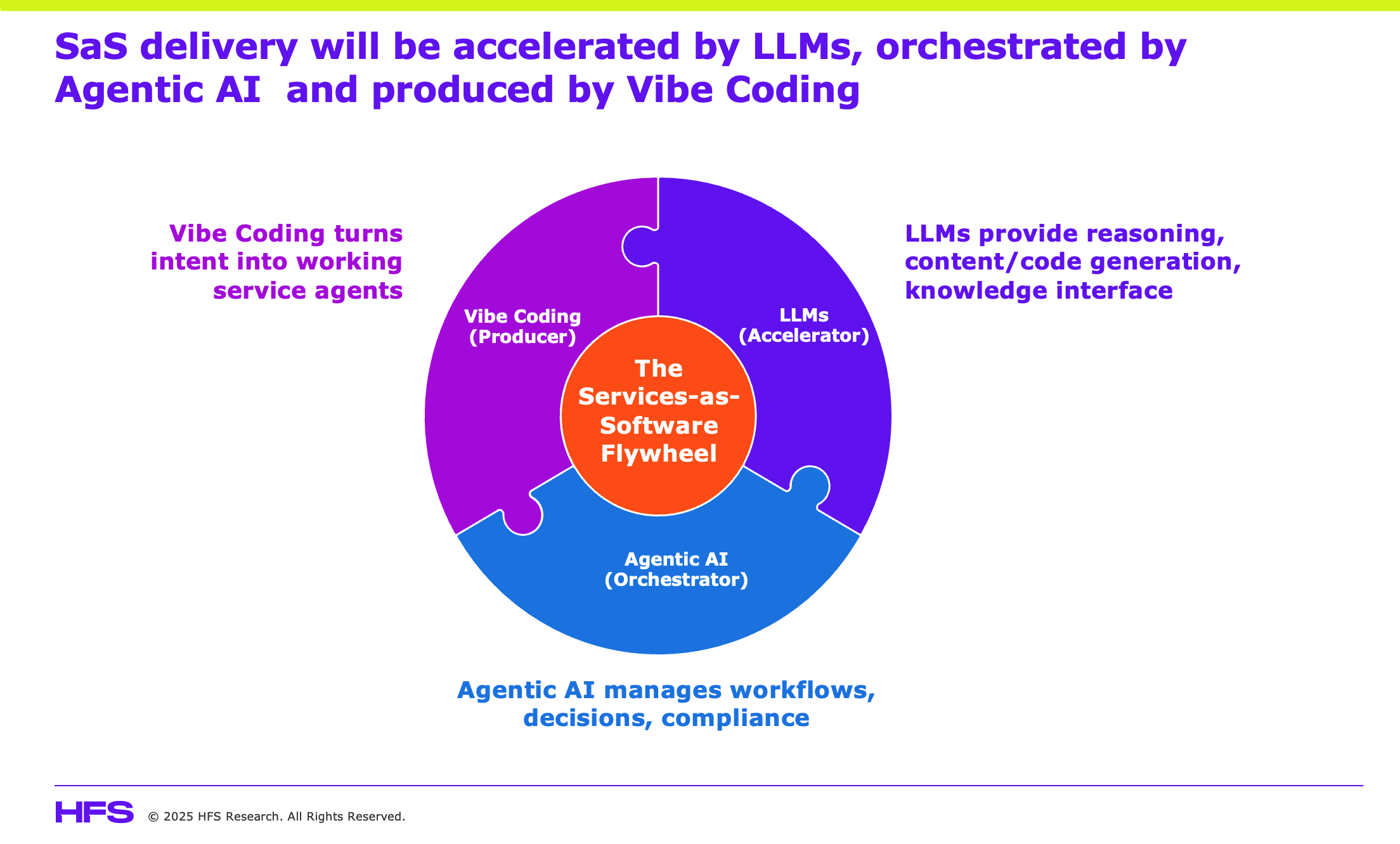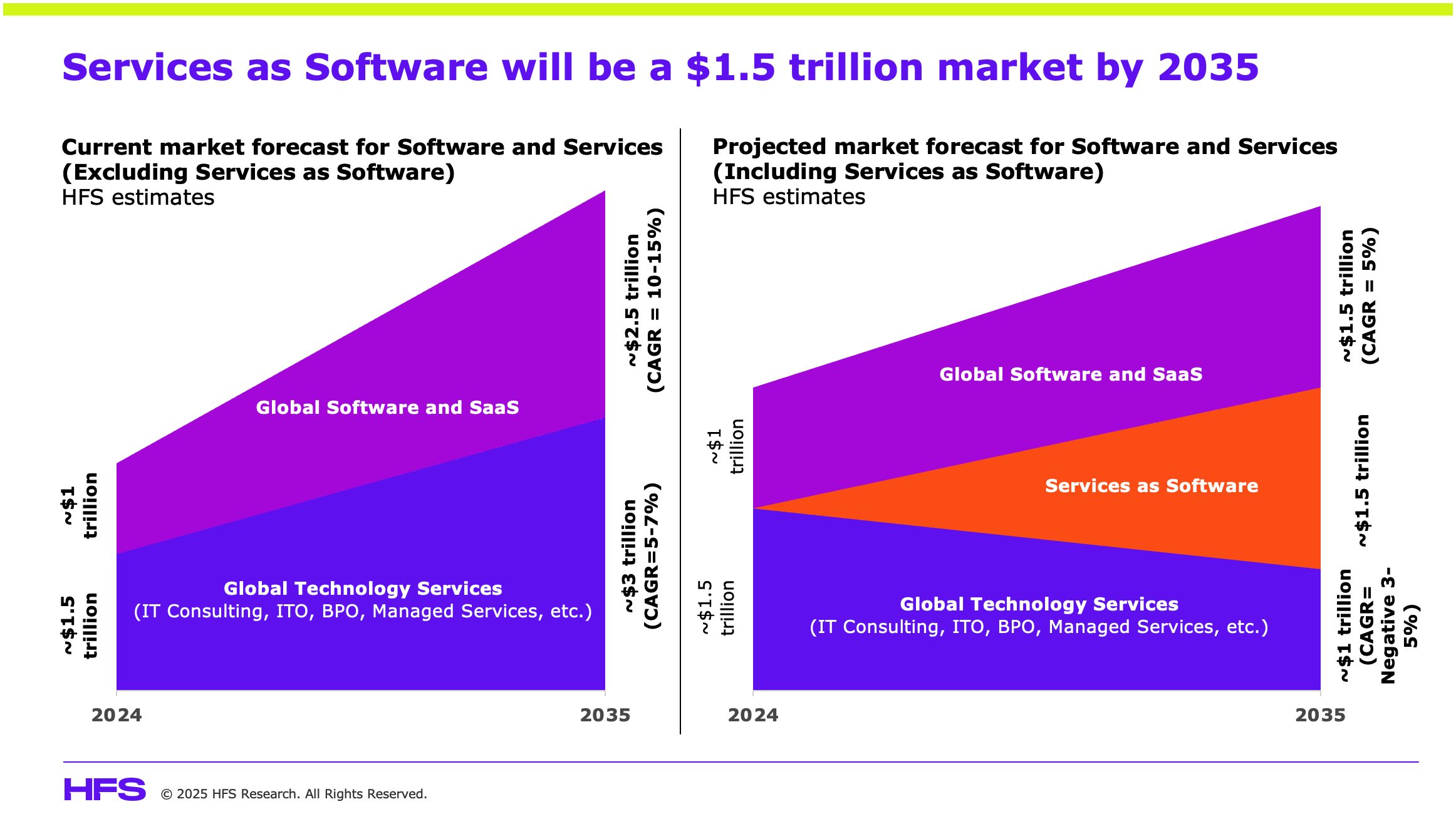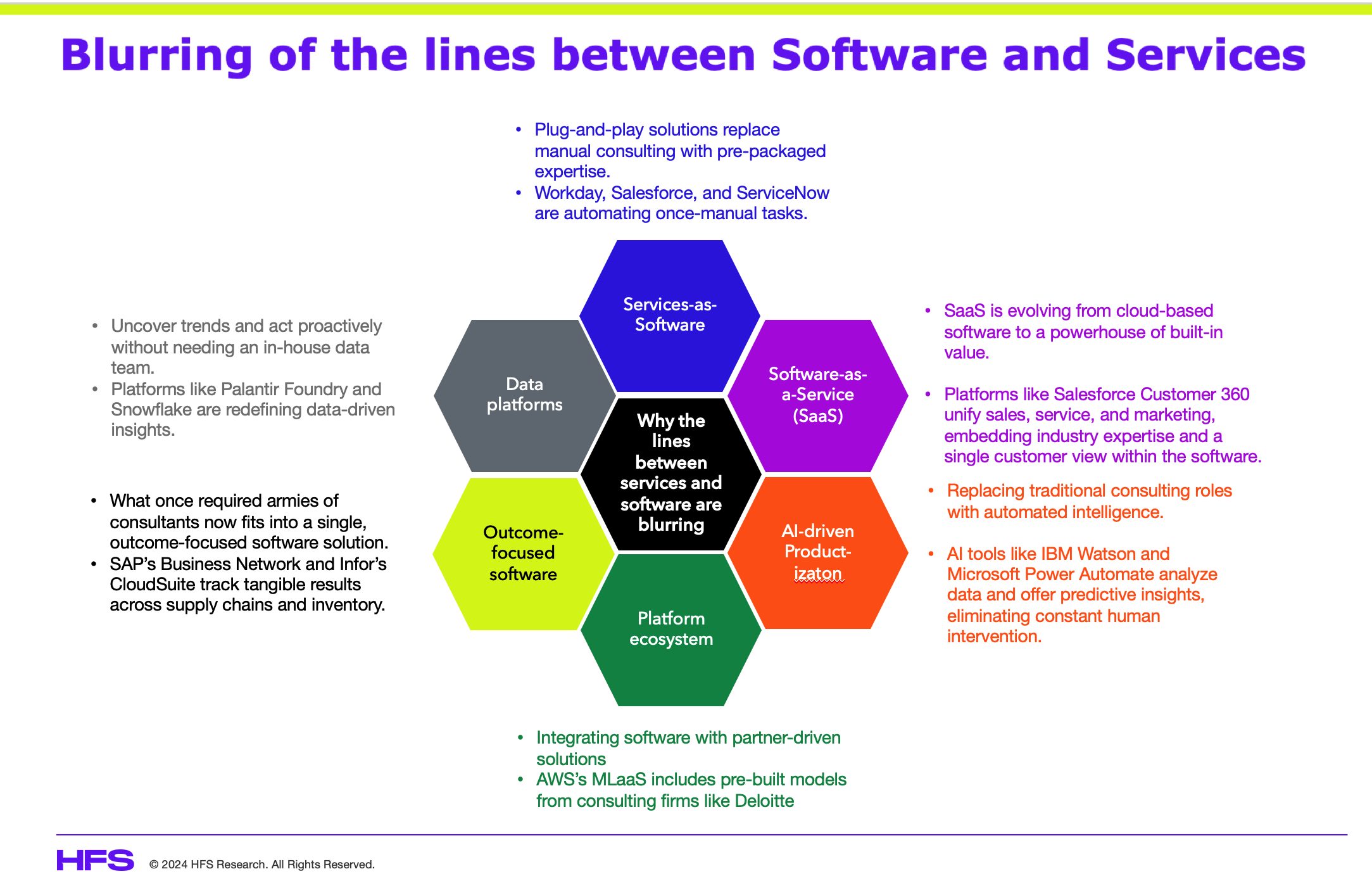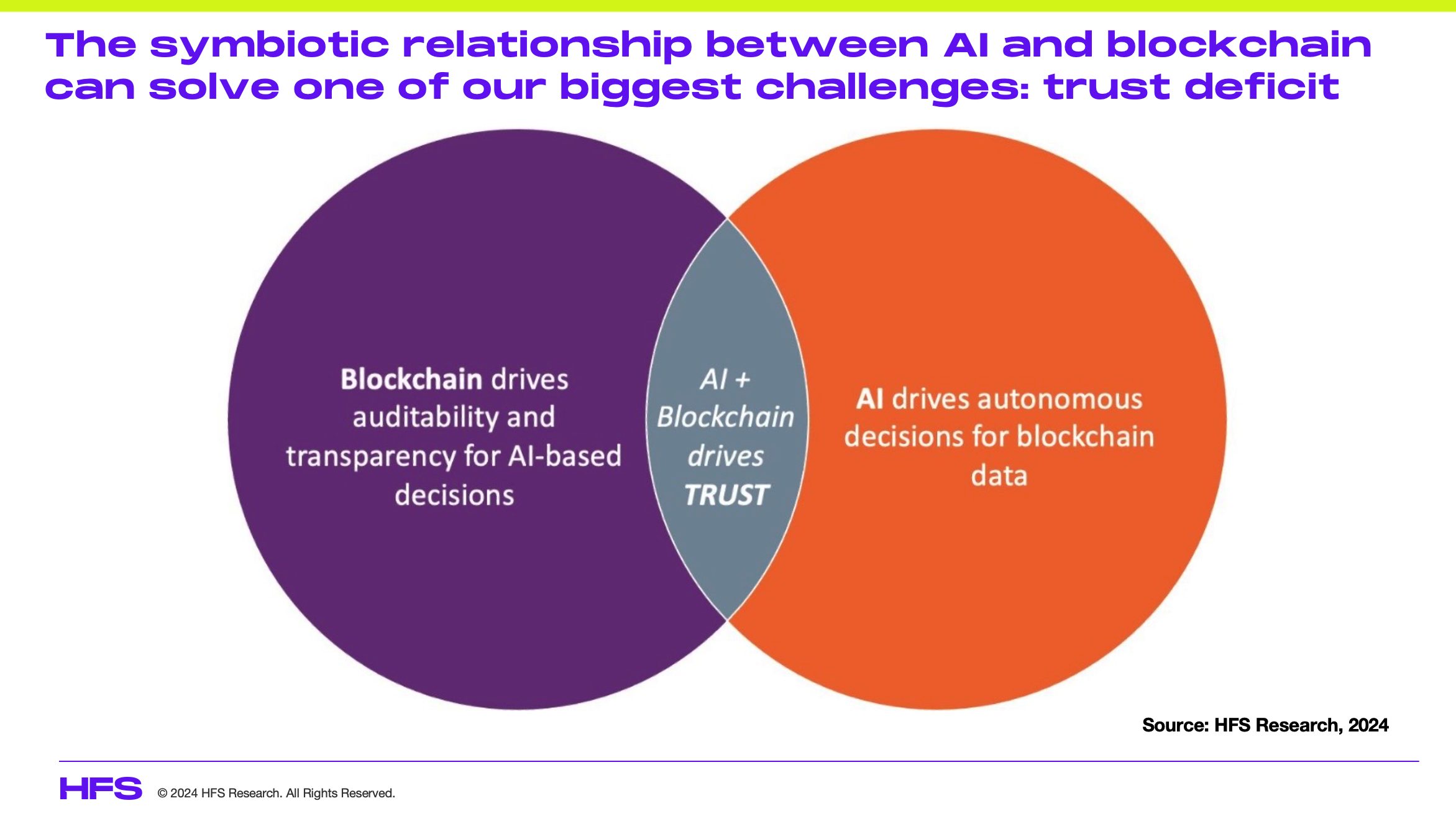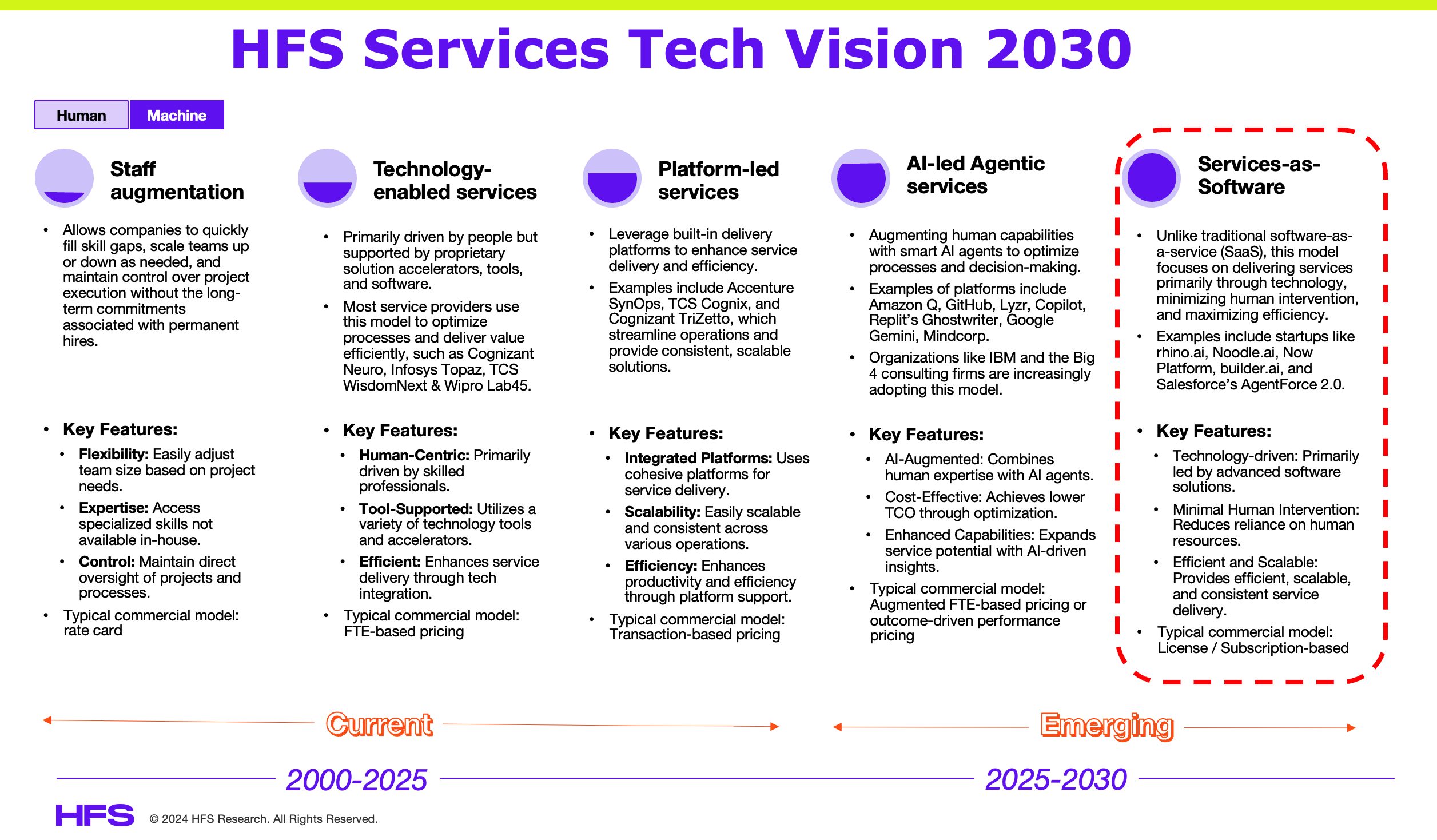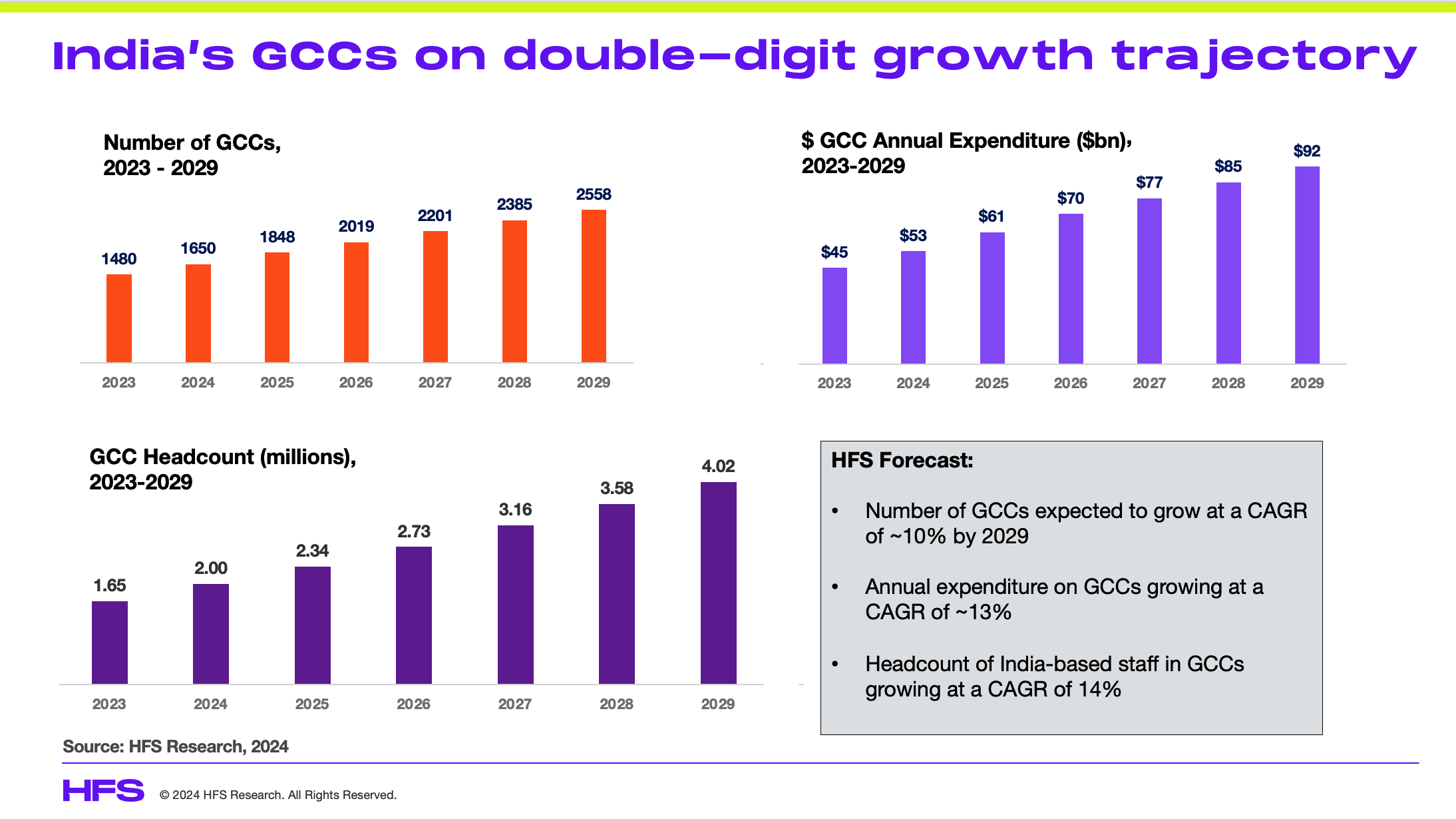2025 saw savvy enterprises despair of the insipid deluge of flashy boardroom presentations and finally move beyond AI fantasy to...Read More
Say CIAO to the CAIO in 36 months
Only appoint a Chief AI Officer if you're committed to giving them COO/CEO-level authority to kill initiatives, force standards, and drive uncomfortable organizational change, and only if you're prepared for the role to disappear within 36 months as AI embeds into every functional leader's responsibility.Read More
Deloitte Dolittle: Stop treating AI like a magic wand
The revelation that Deloitte submitted a government report filled with AI-generated fake references and fabricated court quotes is not just embarrassing - it is a $290,000 lesson in what happens when professional judgment is replaced by blind trust in automation.Read More
Vibe Coding is the production engine that turns the Services-as-Software from vision to reality
Vibe Coding is the production engine that makes Services-as-Software real, and it will decide the winners of the next decade. Enterprises can no longer afford to treat AI as bolt-ons or outsourcing-lite. Services-as-Software is a new operating model where AI agents, LLMs, and Vibe Coding collapse the gap between software and services, shifting the economics of IT from people and licenses to reusable, outcome-based digital service layers.Read More
Trump’s tariffs will rattle the foundations of the global IT services industry to its core
The focus of a lot of US business is going to be squarely on cost reduction, and this will have a direct impact on the global IT services industry. This will result in a double whammy hit for the India-dependent service providers and consultancies as US firms will be incentivized to reshore services work back to the US, and also to invest more heavily in AI to reduce reliance on support staff in areas like application development and business services.Read More
Services-as-Software presents a $1.5 Trillion Opportunity for both Software and Services firms
Enter Services-as-Software—an AI-first, automated service layer that’s coming to obliterate everything in its path. No more billable hours. No more clunky SaaS. Services-as-Software is not a death knell for service providers and software vendors. It’s the $1.5 trillion opportunity of our lifetime. Read More
Welcome to the era of Services-as-Software… where the lines between services and software are blurring
Two very different worlds, one based on humans and the other on technology, are becoming one blended, scalable solution we are calling Services-as-Software. In short, the line between services and software is blurring and eventually vanishing, and this progression has become more crucial than ever.Read More
Enterprise Blockchain is Not Dead
Blockchain isn’t dead. The technology has evolved, grown tougher, and found its niche in critical industries. This is more than just a simple opinion – as our HFS Pulse data reveals, the vast majority of enterprises still using blockchain today plan to increase their spending in the next two years – they wouldn’t do that without experiencing real value. In addition, the intersection of AI and blockchain holds incredible potential, particularly in addressing one of society’s biggest challenges: trustRead More
2030 HFS Services Technology Vision: The Future is Services-as-Software
By 2030, we will be engaging with services primarily through technology, minimizing human intervention and maximizing efficiency. In fact, services will barely even be services anymoreRead More
Global Capability Centers (GCCs)… The direction Indian IT must take to pivot from cost to value
While tech and BPO service providers have grappled with flagging enterprise demand and other market pressures, GCCs have thrived, with HFS estimating 2000 expected to be in full operation in 2025. So, are these GCCs genuinely the new face of Indian IT? And can they sustain their success and lead the Indian charge in global technology services?Read More



